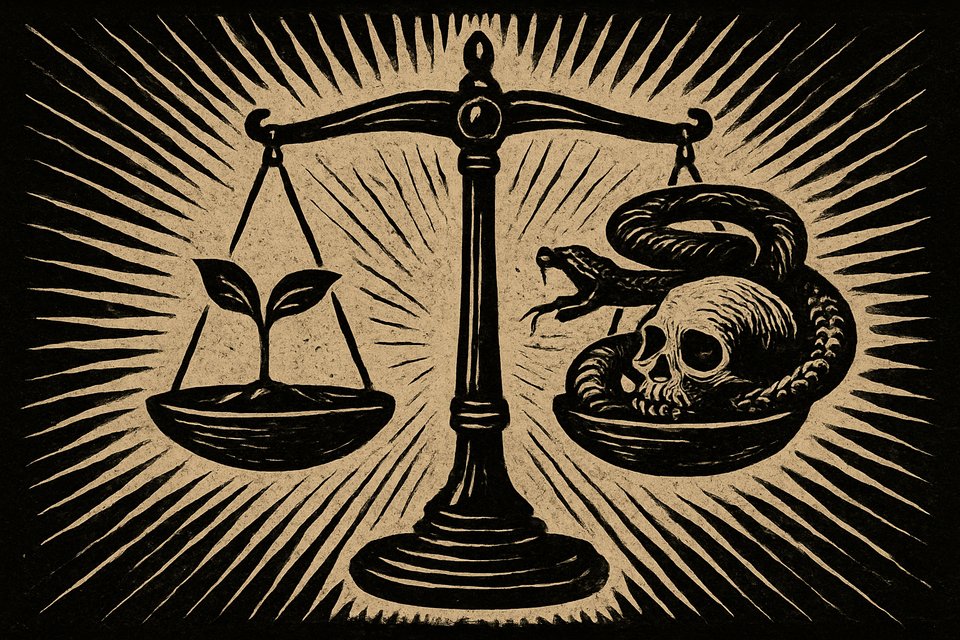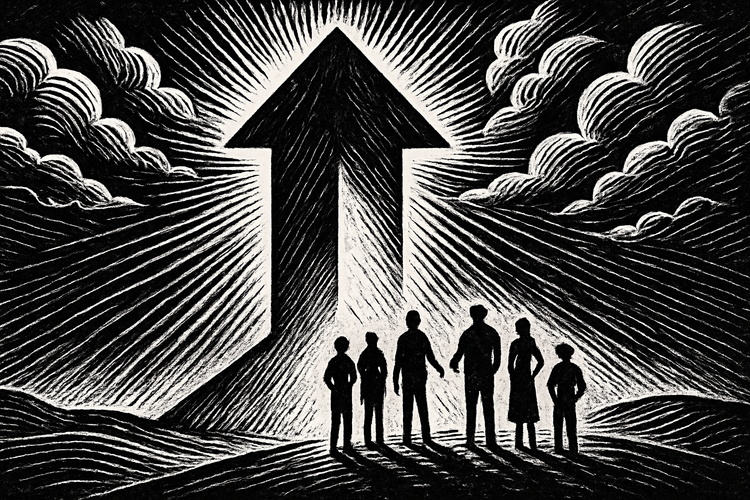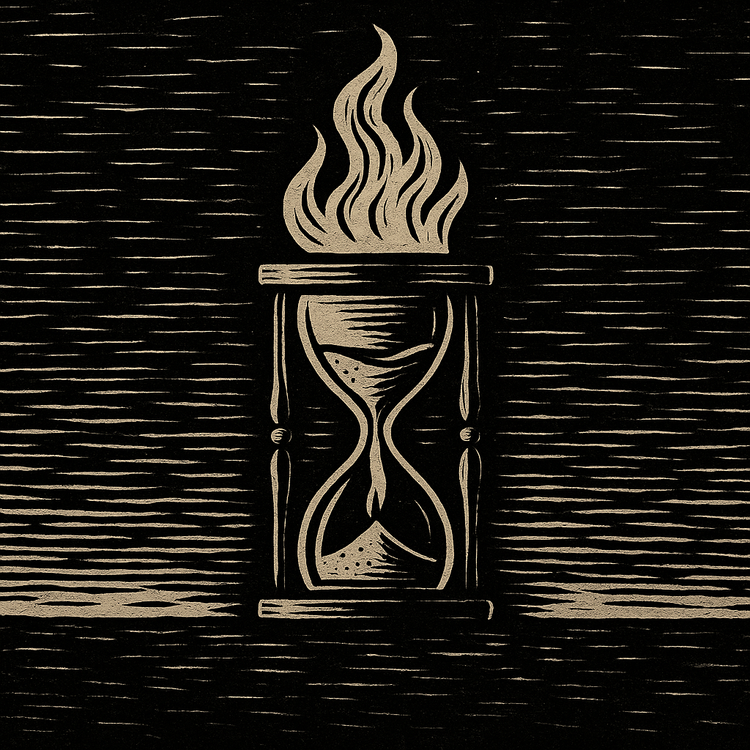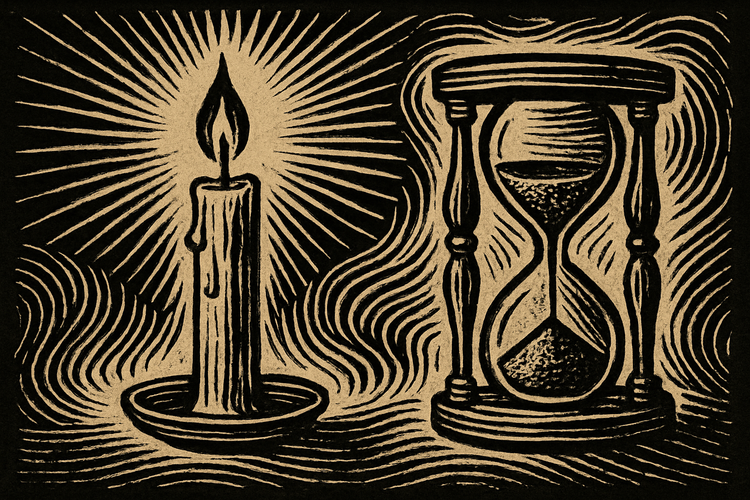The Good Place S4E10 "You've Changed, Man"

Spoiler Warning: This reflection contains full spoilers for The Good Place, including retrospective insights and thematic allusions. It assumes familiarity with the entire series and is written from the perspective of a rewatch.
Putting Cruelty First
Judith Shklar’s idea of “putting cruelty first” frames this episode of The Good Place with sharp clarity. The deepest moral failure of the afterlife system isn’t that humans were flawed in life, but that their punishments were designed with disproportionate, eternal cruelty. Against this backdrop, Eleanor and the others move from merely critiquing the system to proposing a new one, one that rejects cruelty altogether. Their vision centers not on judgment, but on renewal—the belief that people deserve more chances to grow.
The Measure of Sacrifice
One of the clearest signs of how far the group has come is their offer to give themselves up in exchange for the rest of humanity. Where once self-preservation defined them, now they are willing to sacrifice everything if it means others might have a chance. Shawn rejects the offer immediately, but that dismissal doesn’t blunt its force. The gesture shows how the Soul Squad’s own growth has reshaped them: their sense of justice is rooted not in winning or surviving, but in compassion extended outward.
The Failure of Bureaucracy
While Eleanor, Chidi, Tahani, Jason, Michael, and Janet are risking everything, the Good Place committee remains a picture of uselessness. They posture, defer, and entangle themselves in rules so restrictive that they can’t take meaningful action. Their impotence stands in sharp contrast to the urgency of the moment. Justice cannot be served by procedure for its own sake; it requires courage and clarity. By sidelining the committee, the episode highlights that true reform comes not from bureaucrats guarding process, but from those willing to take responsibility and act.
A New Kind of Afterlife
Out of the failure of both demons and committee, a new vision begins to take shape. The old system, built on eternal judgment, is revealed as irredeemably cruel. The alternative the group proposes looks more like reincarnation: not a single verdict that lasts forever, but a cycle of chances to grow. Instead of condemnation, there is renewal; instead of cruelty, there is hope. This design recognizes that people are works in progress, and that justice must allow them to keep trying until they truly change.
Rejecting Cruelty, Embracing Renewal
You’ve Changed, Man turns the corner from critique to creation. Shklar’s lens of cruelty exposes the rot at the heart of the afterlife: eternal punishment for finite flaws. The group’s willingness to sacrifice themselves shows the moral ground from which they speak, and the committee’s paralysis highlights the need for bold action. What emerges is a radical alternative—not punishment, but renewal. By offering people repeated chances to grow, the new system rejects cruelty as a foundation and affirms hope as the measure of justice.



Comments ()